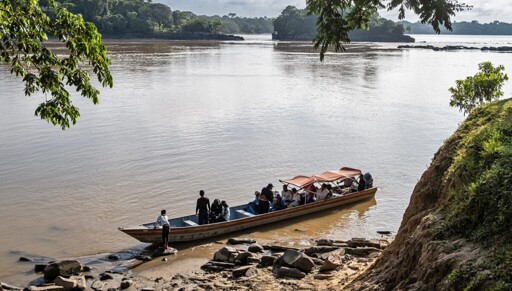Colombian Environment Minister Irene Vélez Torres has called for reform of international arbitration tribunals, saying they’re “one of the greatest obstacles” to the energy transition and favor corporate interests over sovereignty. The investor–state dispute settlement system (ISDS), also called a “corporate court,” is an international trade mechanism that allows foreign investors, usually corporations, to sue a government for losses caused by its policies. Under this system, a nation can’t outlaw, or in some cases punish, existing extractive industries for environmental reasons without facing significant penalties. “No government should have to choose between protecting nature and its people, and protecting itself from arbitrators,” Vélez said at the U.N. climate summit, COP30, in Belém, Brazil, in a session hosted by U.K.-based advocacy group Global Justice Now. “This mechanism, that has been inherited from an era in which the priority was investment over sovereignty, allows corporations to sue the state for adopting legitimate environmental and climate policies,” Vélez added. According to Global Justice Now, corporations have sued over environmental demands made by nations several times under the ISDS framework. These include U.K. mining giant Anglo American suing Colombia after a court there stopped the expansion of an open-cast coal mine, and Chevron, a U.S. oil company, suing Ecuador after the nation ordered compensation following a devastating oil spill in the Amazon. Vélez said Colombia has historically been dependent on fossil fuels and their exports, and that these mechanisms force nations to continue supporting extractive industries that damage the environment and emit greenhouse gases.…This article was originally published on Mongabay
From Conservation news via this RSS feed


